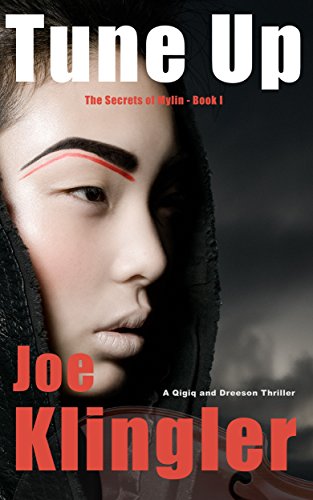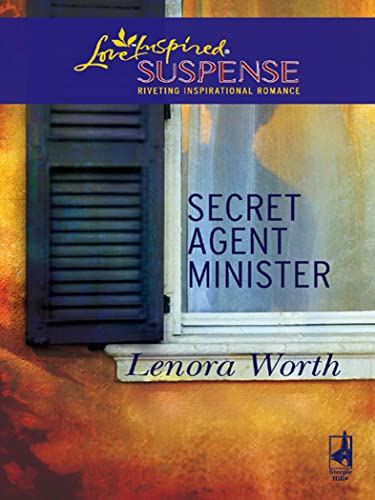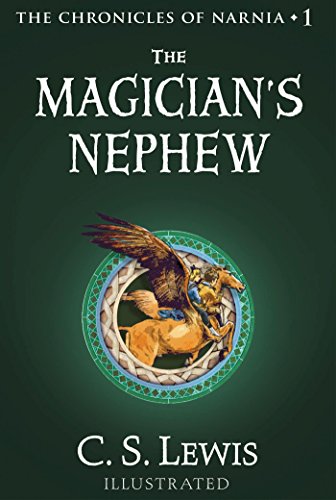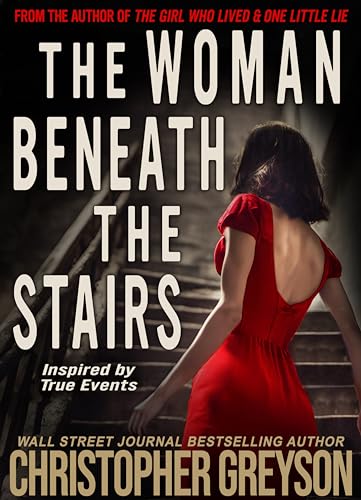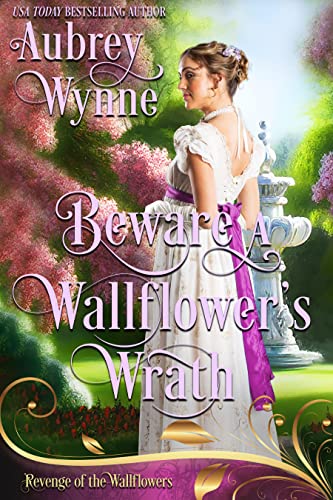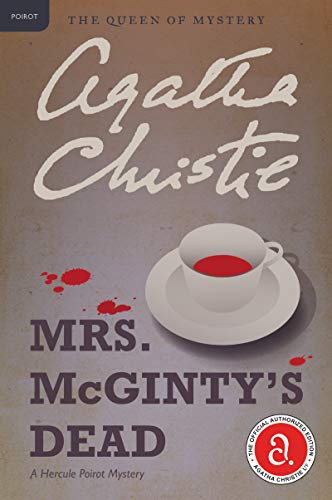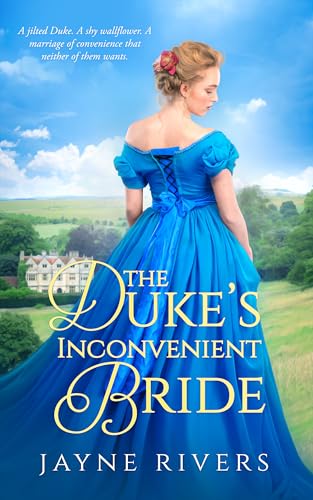The waves of change continue in the Kindlesphere.
- In the next few weeks we expect to see the launch of the Kindle Apps Store, the rollout of new accessibility features including what Amazon calls “audible menuing,” big changes in royalties and publishing features for Kindle authors and publishers, and a completion of the rollout of version of 2.5 of the operating software for the latest generation Kindle and Kindle DX.
- Many of us are watching with great interest for the denouement of the negotiations/controversies/conflicts that’s currently keeping new Penguin titles out of the Kindle Store and all Random House titles out of the iBooks Store.
- On the hardware side, it remains to be seen whether Amazon will work as hard or place as high a priority on delivering the inevitable Super Kindle with the color touch display as it is working to make what will soon be an installed base of 100 millions iPads, iPhones, and iPod Touches super selling venues for Kindle and other digital content, including wolfish Video on Demand offerings donning the sheep’s clothing of the Netflix for iPad app if Amazon pulls the trigger on a Netflix acquisition.
But let’s focus today on dramatic if evolutionary changes that are occurring in the Kindle Store catalog.
Yesterday’s report that Amazon will soon drop free Kindle books from its main Kindle Store bestseller lists is just another portent that, in some ways, the Kindle Store is in the process of being transformed into three stores:
- the Kindle bookstore to which we have grown accustomed over the past couple of years, with a large and diverse catalog of over half a million titles priced mostly between $2.99 and $9.99, currently growing at around 25,000 titles a month, and including work of distinction by emerging authors as well as bestsellers by established author;
- several thousand other “new release” titles from publishers who have signed onto the agency model price-fixing pact, at least temporarily, with prices set between $10 and $15;
- a growing number of free books including Amazon’s current “private label” catalog of public domain titles, a growing number of free promotional titles, and millions of other free public domain titles from third-party sites that Amazon will make increasingly seamless to download and read on the Kindle platform, perhaps with the kind of overhauled, Kindle-compatible “Stanza @ Kindle” offering that might have been behind the departure of Stanza fountainhead Neelan Choksi from Stanza.Amazon.com the other day). .
Now, or beginning at some point between now and June 30, Amazon will be making a major effort to organize the vast majority of Kindle store prices so that they fall in the $2.99 to $9.99 range. As I noted here when Amazon announced this program, Amazon will be using honey rather than vinegar, with an offer to pay direct 70% royalties to all authors and publishers who set prices in this price range through Amazon’s Kindle-compatible Digital Text Platform and participate fully in other Kindle features like text-to-speech.
There will be other outliers, including declining percentages of the total catalog that is priced between $.01 and $2.98 or over $14.99. The contraction of offerings in these price ranges, of course, will be driven by the promise of direct 70% royalties. For titles currently earning the standard Kindle DTP royalty of 35% at sales-suppressing prices from $15 to $19.99, (or, for that matter, $10 to $14.99), bringing the suggested retail list price down to $9.99 and taking any other steps necessary to comply with the new 70% royalty program ought to be a no-brainer for any author or publisher capable of doing the math. As a cursory check of the Kindle Store’s current bestselling titles in that $15-to-$20 price range reveals, there are precious few titles that are cracking the top 2,500 at such prices, and many would experience significantly higher sales at the $9.99 price range.
In a post the other day about bargain prices for a couple of Elizabeth Peters ebooks in the Kindle Store, I made the point that readers may actually be able to influence publisher pricing behavior when we jump on bargain prices like those mentioned in the post, even while the Kindle bestseller list shows some signs that Kindle owners are accepting agency-model pricing:
When an agency model publisher fixes a low price for a backlist title like these, the publishing is putting itself in a position to learn a great deal about pricing, sales, and profitability in the ebook world. Based on my own experiences and those of other authors, I believe that the ideal Kindle Store price for many backlist titles is in the $2.99 to $4.99 range, and that most such titles, if they are quality books with a little bit of marketing effort behind them are likely to sell roughly twice as many copies if they are reduced from $9.99 to $4.99 or roughly three times as many if they are reduced from $9.99 to $2.99. If Hachette and other publishers find out that such formulas apply to their backlist titles, it could be a powerful incentive for them to lower prices wherever possible.
So, the fun continues. When there’s competition between business behemoths like Amazon and Apple, it tends to be complicated by all kinds of counterforces, not the least of which are the many ways in which the two companies are partners. But as nice a guy as Jeff Bezos may be, he is also, to his great credit, the leader of a company that is as ruthlessly committed to fostering competition within the Kindle Store as it is to competing with other businesses in the ebook sector. The result for customers in the Kindle Store as elsewhere in AmazonWorld is like to be ever greater selection and, over the long haul, ever better pricing.
Related posts:
-
Amazon Announces New 70% Royalty Option for Kindle Authors
-
With Kindle royalties about to be set at 70%, is it time to revisit bestselling novelist Anne Rice’s post: “Should major authors think about making Kindle (if possible) their primary publisher?”




